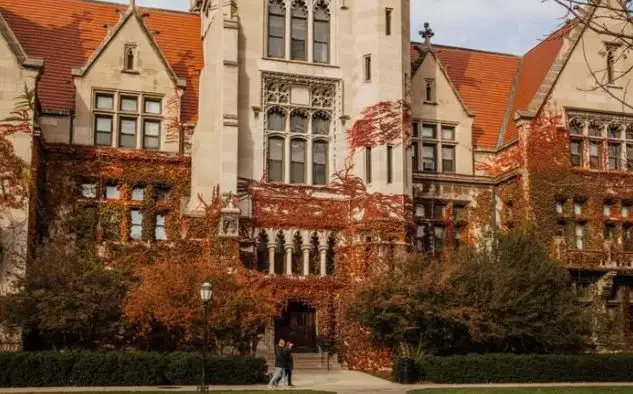
Freedom of expression represents a principle that supports the freedom of a community or an individual to articulate their ideas about opinions without fear of censorship, reprisals or legal sanctions. This right is recognized as a human right in International Human Rights Law and the United Nations Universal Declaration of Human Rights. And most countries have constitutional laws that protect freedom of expression. Terms such as freedom of speech, freedom of speech, and freedom of speech are used in political discourse, although in a legal sense, freedom of speech includes any activity of receiving, imparting, and seeking pieces of information or ideas.
So you may be wondering why freedom of speech is important, especially in universities. Well, restricting free speech in academia can cause great losses in students’ research potential. Many of the free essays and free speech samples you can find at https://gradesfixer.com/free-essay-examples/freedom-of-speech/ explain that restricting freedom of speech is violation and abuse from the human rights. . Freedom of expression on college campuses basically means that any opinion can be evaluated and expressed. And its most important role is to protect the voice of those who have unpopular opinions and those who have unpleasant opinions about the people in power.
This applies at the campus level, where no one’s opinion should be silenced or banned, and the national and state government should avoid attempts to silence any opinion. Freedom of expression is closely related to peaceful protest because protests are also a form of expression.
So, to help students and parents choose the right college, rankings are designed. The first university free speech rankings were published by the Foundation for Individual Rights in Education, RealClearEducation, and College Pulse. And the rankings are based only on the voices of about 20,000 students from 55 different universities. And in 2021, the largest survey was conducted and based on the opinions of 37,000 students from the 154 largest campuses, experts were able to summarize the responses to provide students with universities where they can have the ability to think, discuss and speak. freely in challenging titles such as gender dynamics, race, geopolitical conflicts, etc. So, let’s see which are the best universities for freedom of expression.
Top Ranked Colleges for free speech.
The university ranking is based on seven main components: tolerance for liberal speakers, openness to a discussion of controversial topics, tolerance for conservative speakers, comfort in expressing ideas publicly, administrative support for freedom of expression, qualification of the code of FIRE speech and students alert. Support disruptive behavior during speeches on campus. Although 154 universities were ranked, the list is long. So, we are going to share only the 30 best universities for you.
1. University of Chicago
2. Kansas State University
3. Texas A&M University
4. University of California-Los Angeles
5. Arizona State University
6. University of Virginia
7. Duke University
8. Virginia Polytechnic Institute and State University
9. Brown University
10. University of Arizona
11. University of Tennessee
12. Yale University
13. University of Missouri
14. Rutgers-the State University of New Jersey
15. University of Washington
16. University of Colorado
17. Northwestern University
18. Indiana University
19. University of Iowa
20. University of Utah
21. Columbia University
22. University of Oregon
23. Washington State University
24. University of California-Davis
25. Pennsylvania State University
26. University of Arkansas
27. University of Minnesota
28. University of California-Berkeley
29. Princeton University
30. Ohio State University
And the following 5 were ranked lowest, which makes them the 5 worst colleges for free speech.
150. Rensselaer Polytechnic Institute
151. Boston College
152. Louisiana State University
153. Marquette University
154. DePauw University
Conclusion
Many research examples on this topic show that all students have questions they want answered before choosing the perfect college for them. And the value of higher education comes from exactly that. Students can only understand everything well if they ask questions that challenge the status quo. Therefore, a university that will not protect your rights to ask such questions is probably a poor choice. And believe it or not, in these rankings, public schools performed better than private ones.





